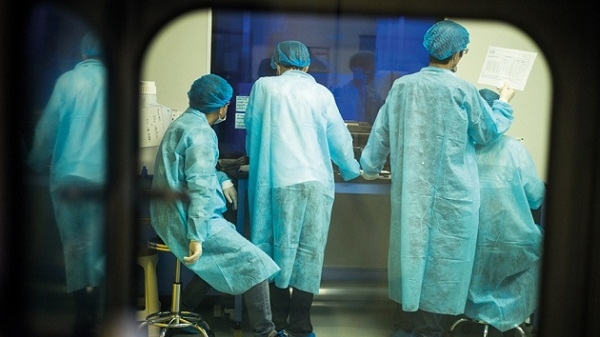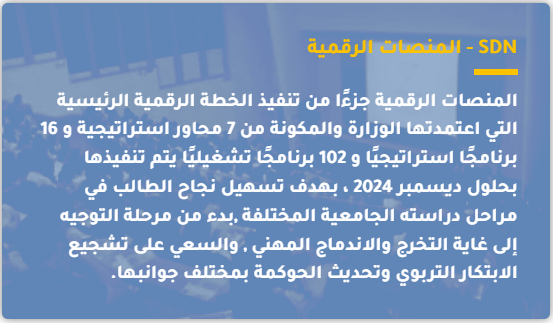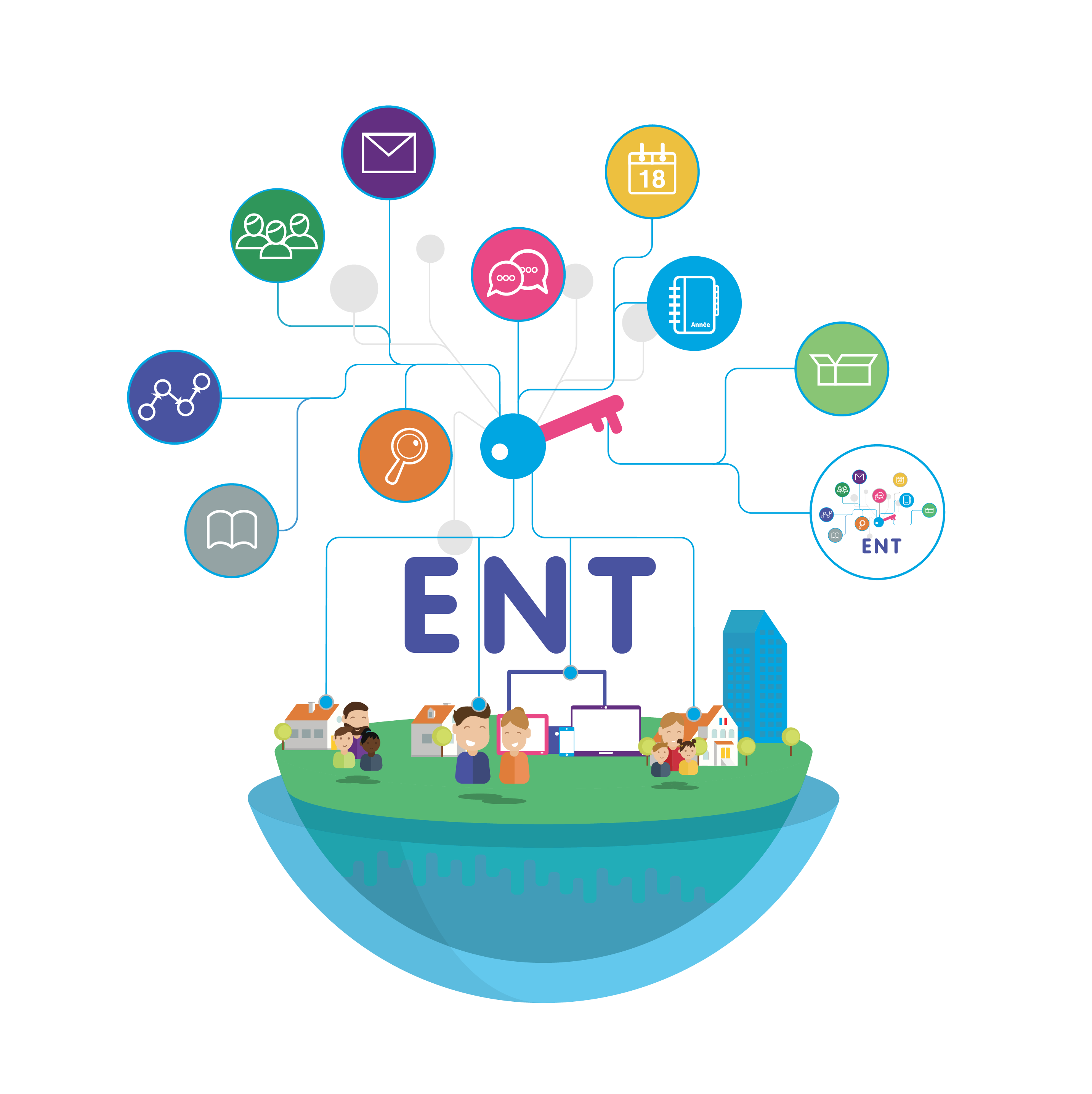China’s bid to be a DNA superpower
Articles à Lire
Written by
Redaction Web 1
septembre 01 2016
font size
decrease font size
increase font size
First China conquered DNA sequencing. Now it wants to dominate precision medicine too.
Article tools
Six years ago, China became the global leader in DNA sequencing — and it was all down to one company, BGI. The Shenzen-based firm had just purchased 128 of the world's fastest sequencing machines and was said to have more than half the world's capacity for decoding DNA. It was assembling an army of upstart young bioinformaticians, collaborating with leading researchers worldwide and publishing the sequences of creatures ranging from ancient humans to the giant panda. The firm was quickly gaining a reputation as a brute-force genome factory — more brawn than brains, said some. Six years later, the scene is quite different. BGI's most famous scientist and visionary leader, Jun Wang, left last July. The machine that had given the company its dominance is outdated, and the firm's attempt to develop its own industrial-scale whole-genome sequencer hit a roadblock last November, forcing it to lay off employees at its US subsidiary. Meanwhile, the competing system — Illumina's X series — has been selling briskly, raising the speed and dropping the price of sequencing worldwide. Nature special: Science in China Armed with the latest sequencers, rival companies to BGI have emerged. Most prominent of these is Novogene in Beijing, founded in 2011 by former BGI vice-president Ruiqiang Li. And although BGI might not have the uncontested dominance it once did, it still claims to have the world's largest sequencing capacity as well as major scientific ambitions — including to sequence the genomes of one million people, one million plants and animals and one million microbial ecosystems. Today, China is being reborn as a sequencing power with a broader base. Fuelling the drive is a multibillion-dollar, 15-year precision-medicine initiative, which China announced in March and which rivals a similar initiative in the United States. If these efforts fulfil their goals, doctors envision being able to use a person's genome and physiology to pick the best treatments for his or her disease. The goal now for sequencing companies is to turn the bounty of genomic data into medical benefits. To do that, sequence data alone are not enough — so some Chinese companies are going beyond brute-force sequencing to work out how lifestyle factors such as diet are also important for understanding disease risk and for finding therapies. “The thing about China is the ambition they have for their precision-medicine programme is orders of magnitude larger than the United States',” says Hannes Smárason, chief operating officer and co-founder of WuXiNextCODE, a genomics company in Cambridge, Massachusetts, that is part of Shanghai-based WuXi AppTec. “They are dynamic and receptive. There, the idea of integrating of genomics into health care is very real.” Rise of the machine The new energy behind sequencing is largely thanks to one machine: Illumina's HiSeq X Ten, so called because it is generally sold as sets of ten units. When the machine hit the market in 2014, one set was able to sequence a human genome for close to US$1,000, and power through some 18,000 human genomes per year. Companies that wanted to rival BGI saw an opportunity — and leapt. Novogene was the first. Following a model similar to BGI's, Li has been building up a large staff of bioinformaticians to generate and interpret sequence data as part of collaborative basic-research projects on the snub-nosed monkey (Rhinopithecus roxellana)1, cotton (Gossypium hirsutum)2 and other plants and animals. Using the same machine, a handful of other companies — including WuXi PharmaTech and Cloud Health, both in Shanghai — focus more on offering sequencing as a service to pharmaceutical or personal-genomics companies. Source: NHGRI The growth is accelerating. Novogene added a second X Ten set in April, and Cloud Health chief executive Jason Gang Jin says that the company will add another two sets this year. By the end of the year, China will probably have at least 70 units. (Illumina says that 300 units were sold worldwide by the end of last year.) BGI has been trying to keep pace. In 2013, it purchased Complete Genomics in Mountain View, California, in a bid to create its own advanced sequencing machines for in-house use and for sale. The firm announced a system called Revolocity, its attempt to match the HiSeq X, last June. But in November, having taken just three orders, it suddenly suspended sales. BGI is now left with its ageing fleet of 128 Illumina HiSeq 2000 machines and a mélange of newer sequencers from various companies, including its own.Latest from Redaction Web 1
- Annonce du service de paie
- Annonce importante (mise à jour)
- الاطلاع على الميثاق، طبعة أوت 2023 لجميع الفاعلين (اﻷساتذة – الباحثين، الباحثين الدائمين، اﻷساتذة المشاركين أو الزائرين، الطلبة، المسؤولين الإداريين في الوزارة وفي المؤسسات الجامعية، الموظفين الإداريين، التقنيين واﻷعوان).
- اعادة تذكيرإ مضاء محاضر إستئناف العمل بالدخول إلى المنصة الرقمية بروڨرس بعنوان السنة الجامعية 2023-2024
- TRANSFERT ANNÉE UNIVERSITAIRE 2023/2024








